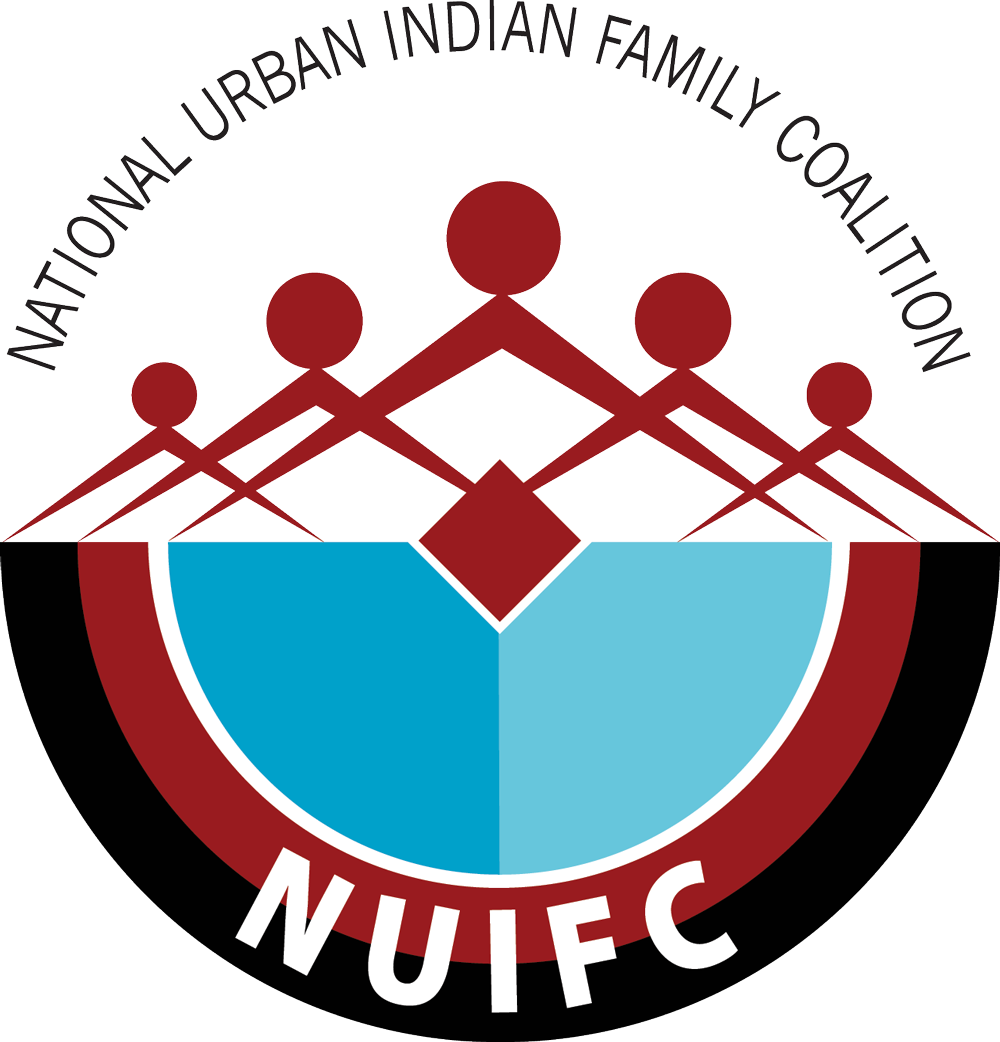NUIFC Story // A Conversation with Pima County Recorder, Gabriella Cázares-Kelly
One of the highlights of the 2020 election season was the victory of Gabriella Cázares-Kelly, a member of the Tohono O’odham Nation and the new Pima County Recorder. She became the first Native American ever elected to Pima County Executive office, receiving more votes than any other candidate in a contested countywide position.
Now as County Recorder, Cázares-Kelly is responsible for elections, the voter registration process, early voting, and responding to and recording public record requests. She graciously agreed to chat with the NUIFC about her victory, how she can support her constituents, the challenges facing Native people in Pima county, and more. The following interview has been edited for clarity and brevity. (Want an inside look at how she ran her successful campaign? Check out our inside look story on her victory.)
We’ve gone over how you won your race and how you ran your campaign but now that you’ve been sworn in, can you tell me what some of your main goals will be during your first term?
I’ve been talking about improving communications and removing systemic barriers from the office that keep people from getting registered to vote and participating. One thing I plan to do is create a ballot text message system, where you’d get a text message when your ballot is mailed to you, when it’s received you get a text message, when your signature is verified you get a message, and when it’s officially counted you get a message. I want people to feel like we’re being transparent and ensuring people can participate in this most fundamental right.
How do you think about your victory? Obviously, it’s historic because you’re the first Native American elected to countywide office in Pima’s county history. Was breaking that ground something you thought about while running?
You know, when I was running, I had people tell me ‘you need to tone down the Native, you’re going to alienate your white voting base if you focus on it too much.’ These are people that supported me, saying I should not lean into my indigeneity. It sounds absurd but something happens when you run for office, it’s scary as hell so you sometimes believe what people tell you about how things are done. So, it made sense to me and I was scared, and I was frozen at first because I didn’t know how to talk about what brought me here and what I cared about without talking about my community. I had to make a conscious decision of ‘screw it’ and not worry about if I was making some people uncomfortable. I was going to come through and do this my way whether you’re ready for it or not. And end of the day, people loved it. We had huge merchandise demand and my election results showed that people weren’t scared off by it.
The NUIFC is focused on advocating and organizing on behalf of Indians in urban settings, so I wanted to ask how you’re thinking about working with that population while you’re in office?
That’s part of everything we are thinking about. Being able to communicate with people, share what the resources are, and make it more convenient to vote is what we need to think about. It’s about making the language accessible to people, talking to them where they are, and giving them the ability to participate. We want to make sure people can access early voting and that they feel comfortable casting a ballot. One of the big successes of my campaign was getting first-time and infrequent voters out and we did that by providing resources and explaining the process. We want to make sure people are empowered with information.
Building off of that, what are some of the biggest issues facing the Native community in Pima County? How do we support and address those?
I mean, what isn’t impacting us? We’re in the middle of the pandemic, people are living in poverty, losing their jobs, being targeted by police and the systems that are supposed to protect them. Every issue is a Native issue. As far as what I can control, I talk a lot about the technology gap. Even if there are resources out there but you’re not connected to the internet how are you going to find out about that? I’m always concerned about how people can receive information and often when we’re talking about urban Native people we aren’t talking about people with inherited wealth, they have inherited poverty. For me, it’s about that communication and attacking systemic inequities, and making sure that people can feel like they have the information they need to get involved with changing things. Even if my office doesn’t directly oversee a certain issue, I can communicate with legislators and be in that arena to help make a difference.
Now that you’re in the County Recorder position and overseeing elections, I wanted to get your thoughts on the baseless claims around election security. How do you meet those lies and how do make sure people know their votes are being counted?
I’m really frustrated by people indulging in that false narrative. Here in Pima County, we have an amazing system that incorporates both parties with everything done in a fair and balanced manner, but we still have these false accusations flying around. It’s so important to combat these dangerous lies with facts and information. We try to be as transparent as possible and provide opportunities for people to feel involved in the process. My office will be doing a lot more of that as we get closer to 2022 as we try to share as much information and demystify the process.

